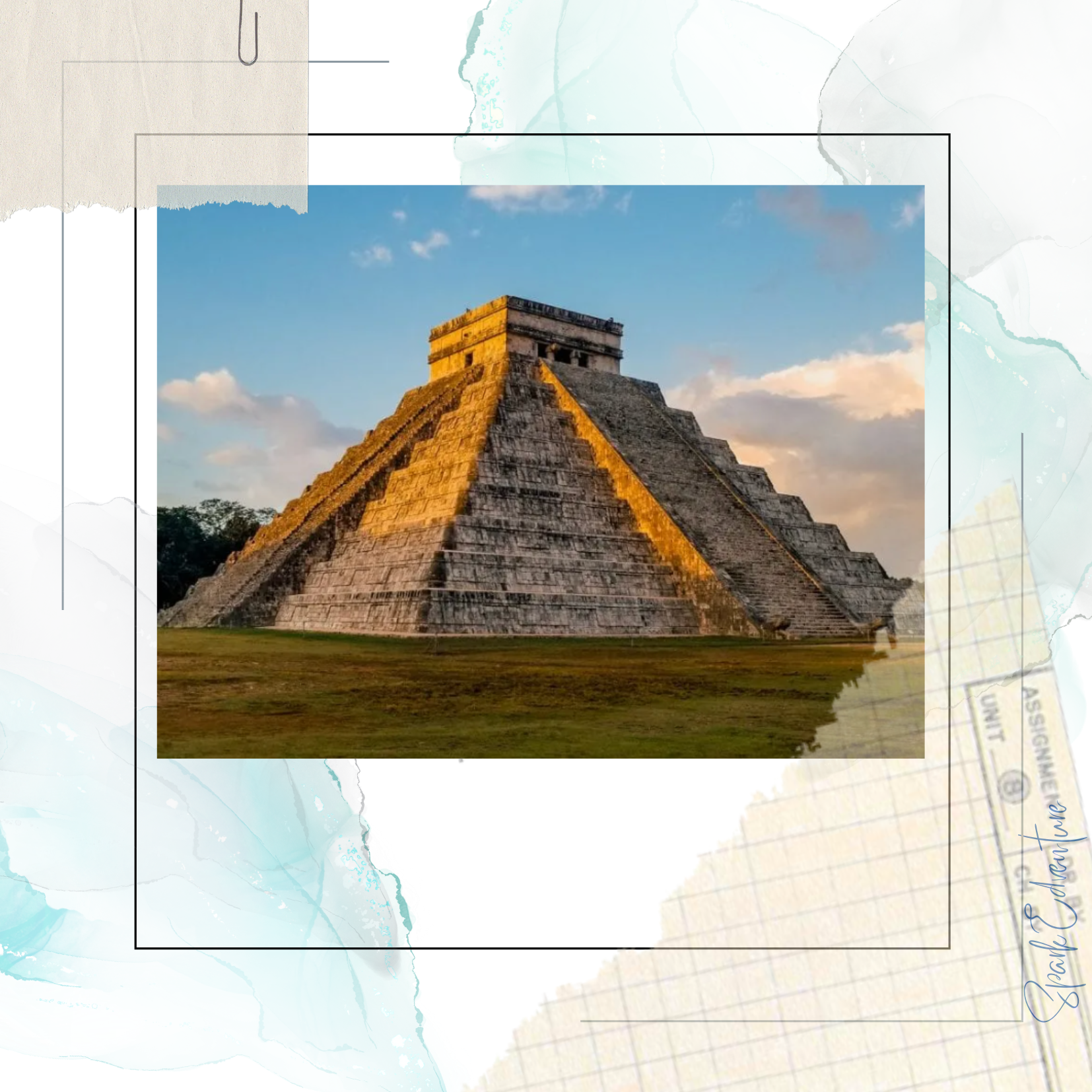
The Maya Civilization
The Maya developed a complex writing system, advanced mathematics, and a deep understanding of astronomy long before European contact. Their cities rivaled those of ancient Greece and Egypt. Though many sites were abandoned before the Spanish arrived, the Maya people, languages, and culture are still thriving today. From intricate glyphs to the enduring Haab’ calendar, their legacy continues to shape the region’s identity.

The Byzantine Empire
The Byzantine Empire was the bridge between the ancient world and the Middle Ages, preserving much of Roman law, culture, and administration while shaping Christianity and safeguarding knowledge from antiquity. From the codification of Roman law under Justinian to the grandeur of the Hagia Sophia, the Byzantines left a legacy that would echo through history, influencing everything from modern legal systems to the spread of Christianity. Though it fell in 1453, the Byzantine Empire’s influence continues to shape the political, religious, and cultural landscapes of today.

The Maurya Empire
The Maurya Empire was the first to bring most of the Indian subcontinent under centralized rule, with key figures like Chandragupta Maurya and Ashoka the Great leaving an indelible mark on its history. Chandragupta unified India, built a strong bureaucracy, and expanded the empire, while Ashoka’s conversion to Buddhism transformed both governance and culture across much of Asia. However, internal conflicts and external invasions eventually weakened the empire, leading to its breakup into smaller regional kingdoms. Despite its decline, the Maurya Empire’s advances in administration, military strategy, and infrastructure continue to influence history today.

The Qin Dynasty
The Qin Dynasty, though short-lived, left a lasting impact on China's history by unifying warring states and laying the foundations for imperial rule. Under Emperor Qin Shi Huang, China saw monumental achievements, including the creation of the Great Wall, the Terracotta Army, and standardized currency and weights. Despite its fall after just 15 years, the Qin Dynasty’s innovations in governance, infrastructure, and military strategy continue to influence modern China.

The Greek Empire
Ever wondered how a handful of city-states—Athens, Sparta, and Corinth—shaped the course of history? In Ancient Greece, fierce rivalries led to groundbreaking achievements in philosophy, politics, and culture. Thinkers like Socrates, Plato, and Aristotle laid the foundation for Western thought, while Athens pioneered the concept of democracy that still influences political systems today. Discover the military genius of Alexander the Great, whose conquests spread Greek culture across three continents, blending it with local traditions to create the Hellenistic era. From the architectural wonders like the Parthenon to the birth of modern philosophy, explore how Greek ideals continue to resonate across the ages, shaping the world we live in today.

The Egyptian Empire
The Egyptian Empire, centered along the Nile, was a civilization of innovation and power that lasted thousands of years. From the great pyramids to complex governance, Egypt’s influence extended far beyond its borders. Its religious beliefs, monumental architecture, and centralized rule set a standard for later empires and continue to inspire us today.
